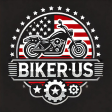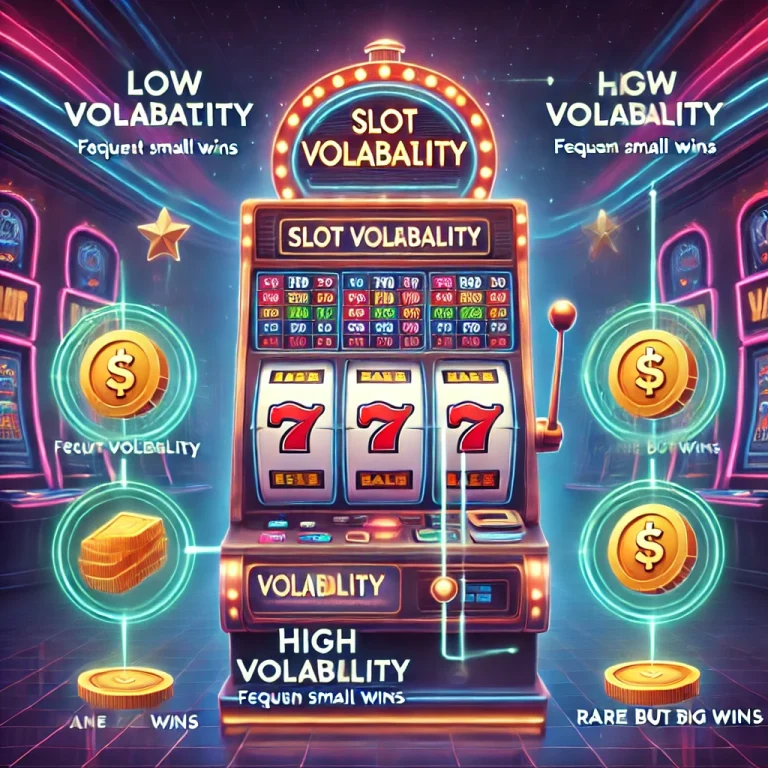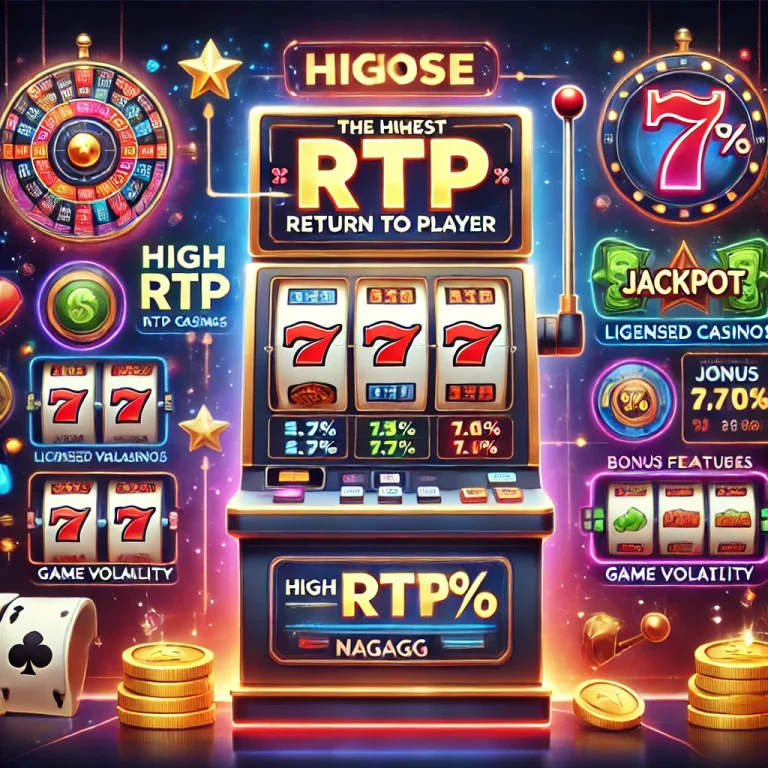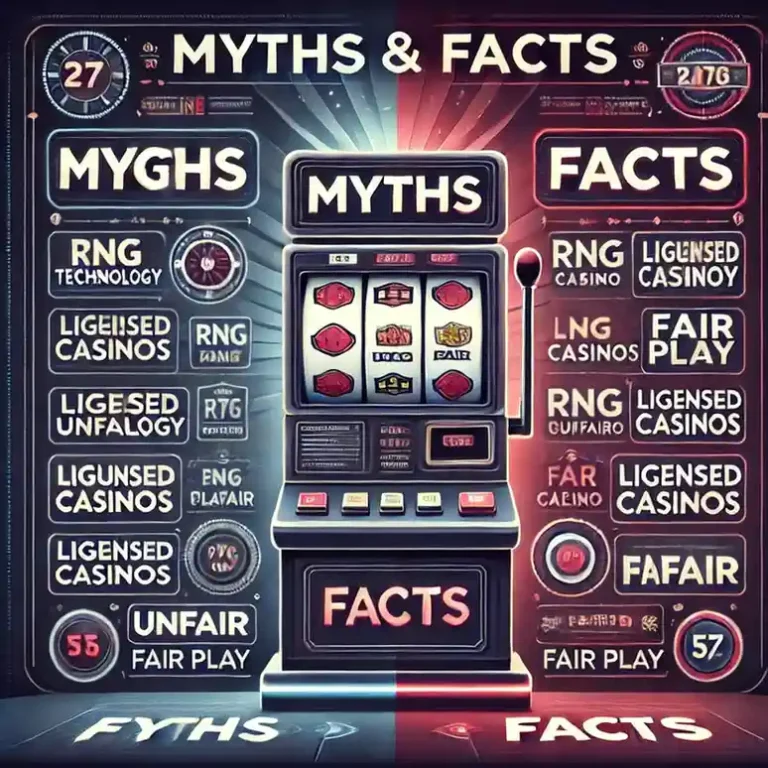The Mongols Motorcycle Club is a powerful and feared force in Southern California, where their influence rivals that of larger clubs like the Hells Angels and the Outlaws. Founded in the late 1960s, the Mongols emerged as a response to racial exclusion in the motorcycle club world. Despite being smaller in overall membership compared to America’s “Big Four” clubs, the Mongols have built a reputation for loyalty, resilience, and dominance in their home territory.
Origins and History
The Mongols Motorcycle Club was established in 1969 in Montebello, California, by a group of Hispanic bikers who were denied entry into the Hells Angels due to their race. This act of exclusion became a catalyst for the creation of a new brotherhood, one that prioritized inclusion and loyalty among its members.
Emblem and Identity
The club’s patch features a cartoon-like Mongol warrior riding a chopper, symbolizing strength, rebellion, and a commitment to their heritage. Over the years, this emblem has become synonymous with their reputation as a fiercely independent and dominant club in Southern California.
Territory and Membership
The Mongols are firmly rooted in Southern California, where they have maintained control since the 1980s.
Territorial Dominance
The Mongols’ ties to regional street gangs have helped them solidify their hold over Southern California, particularly after they seized control of the area from the Hells Angels during the 1980s.
Membership Demographics
- Approximate Membership: Over 2,000 members, primarily concentrated in Southern California.
- Diversity: The club prides itself on its inclusivity. Most members are Hispanic or Native American, reflecting its roots and commitment to breaking racial barriers in the motorcycle club community.
Rivalry with the Hells Angels
The rivalry between the Mongols and the Hells Angels is one of the most intense and long-standing conflicts in the outlaw motorcycle club world.
Historical Context
The Mongols were founded, in part, as a response to racial exclusion by the Hells Angels. This historical rift laid the foundation for decades of animosity.
1980s Takeover
In the 1980s, the Mongols successfully ousted the Hells Angels from Southern California, solidifying their dominance in the region. This victory came at a cost, fueling violent confrontations that have continued for decades.
Ongoing Conflict
Clashes between the two clubs have included high-profile incidents of violence, further cementing their rivalry as one of the most significant in motorcycle club history.
Cultural and Criminal Influence
The Mongols are known for their deep ties to Southern California’s street gangs, which have bolstered their influence and ability to operate in the region.
Community Presence
While the club is often associated with criminal activities, including drug trafficking and extortion, it also maintains a strong sense of loyalty and brotherhood among its members.
Law Enforcement Scrutiny
The Mongols have faced intense scrutiny from law enforcement, with multiple high-profile investigations targeting the club. Despite this, the Mongols have remained resilient, continuing to thrive in their stronghold.
Legacy and Perception
The Mongols Motorcycle Club represents strength and resilience in the face of adversity. Their origins as a club founded to challenge racial exclusion have evolved into a legacy of dominance in Southern California.
Despite controversies and their ongoing feud with the Hells Angels, the Mongols remain a powerful force in the motorcycle club world, earning respect for their loyalty and defiance.
Conclusion
The Mongols Motorcycle Club is a testament to the power of unity and determination. From their roots in Montebello, California, to their current status as the dominant force in Southern California, the Mongols have carved out a lasting legacy. Their rivalry with the Hells Angels and their deep ties to the region’s culture ensure that they remain a formidable presence in the outlaw motorcycle club world.
For more insights into motorcycle clubs, explore related articles on the Hells Angels, Outlaws, and Bandidos, which share similarly compelling histories and legacies.



